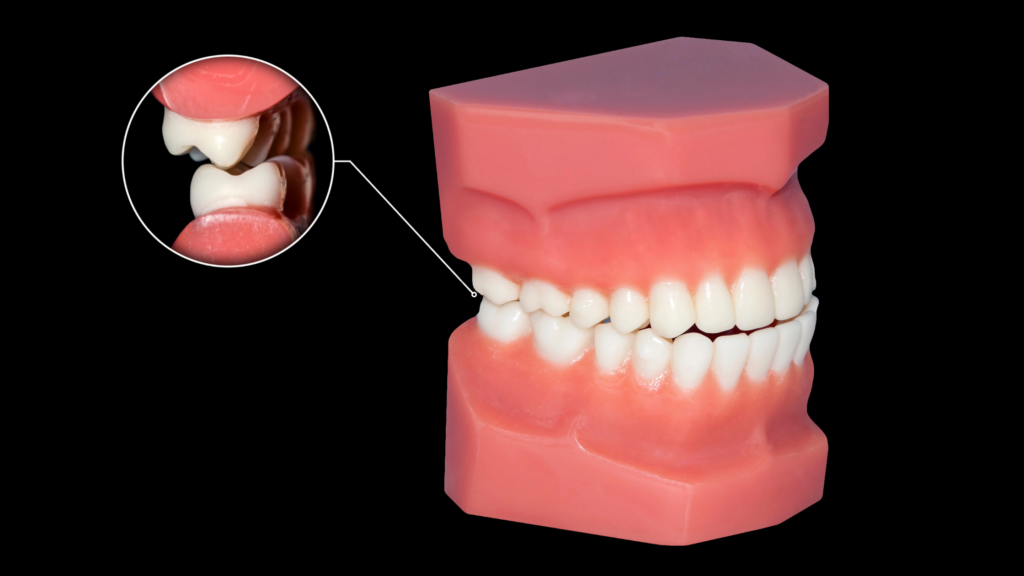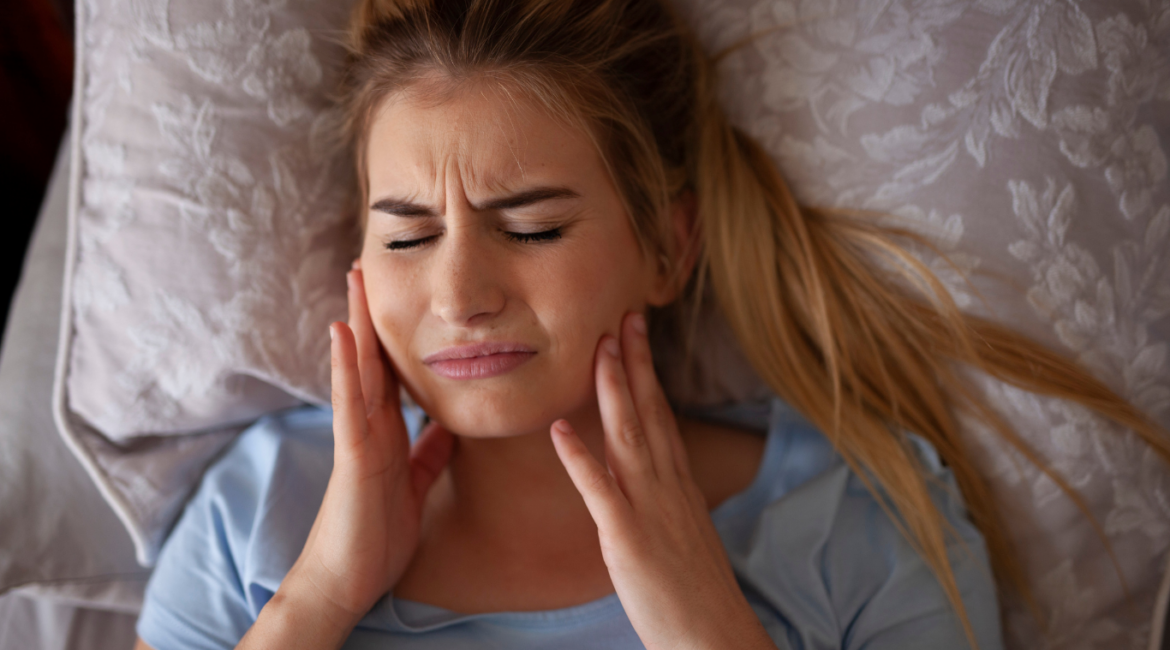Teeth grinding, also known as bruxism, is a common condition that affects millions of people worldwide. It can occur during the day (awake bruxism) or at night (sleep bruxism) and often goes unnoticed until complications arise.
Chronic teeth grinding can lead to severe dental damage, jaw pain, headaches, and even sleep disturbances. Fortunately, there are effective strategies to help prevent and manage bruxism.
This article explores the causes, symptoms, and best methods to overcome teeth grinding for a healthier smile and improved well-being.
Understanding Bruxism: Causes and Symptoms
Causes of Teeth Grinding
Bruxism can stem from various factors, including:
Stress and Anxiety – Emotional distress is a leading cause of teeth grinding, as people often clench their jaw in response to stress.
Sleep Disorders – Conditions like sleep apnea are linked to increased risk of bruxism.
Misaligned Teeth (Malocclusion) – Poorly aligned teeth may trigger bruxism as the jaw attempts to find a natural resting position.
Lifestyle Factors – Excessive caffeine, alcohol, or smoking can exacerbate teeth grinding.
Medications and Medical Conditions – Certain medications, such as antidepressants, can lead to bruxism, as well as neurological disorders like Parkinson’s disease.
Genetics – If you have a family history of bruxism, you may be more prone to developing the condition.
Symptoms of Bruxism
Many people are unaware that they grind their teeth until symptoms appear, which may include:
- Worn-down, chipped, or fractured teeth
- Increased tooth sensitivity
- Jaw pain or stiffness, particularly in the morning
- Headaches, especially in the temples
- Facial pain and soreness
- Sleep disturbances (for both the sufferer and their partner)
- Clicking or popping of the jaw (linked to TMJ disorders)

Effective Strategies for Overcoming Bruxism
Wear a Night Guard or Mouth Guard
A custom-fitted night guard from your dentist can provide a protective barrier between the upper and lower teeth, preventing further damage.
Over-the-counter mouth guards are available, but professionally designed ones offer better comfort and durability.
Manage Stress and Anxiety
Since stress is a major contributor to bruxism, relaxation techniques can be highly effective. Some ways to reduce stress include:
Meditation and Deep Breathing Exercises – Practicing mindfulness and controlled breathing can help relax the jaw and reduce tension.
Yoga and Physical Activity – Exercise releases endorphins that counteract stress and promote relaxation.
Therapy and Counseling – If stress or anxiety is persistent, cognitive behavioral therapy (CBT) or talking to a therapist may be beneficial.
Improve Sleep Hygiene
Bruxism is closely linked to sleep disturbances. Enhancing sleep quality can help minimize nighttime teeth grinding:
- Stick to a consistent sleep schedule (going to bed and waking up at the same time each day).
- Avoid stimulants like caffeine and alcohol before bedtime.
- Create a calm bedtime routine, such as reading or listening to soothing music.
- Use a comfortable pillow and mattress to ensure proper neck and jaw support.
If you have symptoms of sleep apnea, consult a sleep specialist for diagnosis and treatment.
Correct Bite Alignment Issues
If misaligned teeth are causing bruxism, your dentist may recommend:
- Orthodontic treatment (braces or Invisalign) to improve teeth alignment.
- Dental restorations such as crowns or bonding to adjust the bite.
- Equilibration (bite adjustment) to reshape teeth for better occlusion.
Reduce Stimulant Intake
Certain substances can aggravate teeth grinding:
- Limit caffeine consumption (found in coffee, tea, energy drinks, and soda).
- Reduce alcohol intake, as it can increase muscle activity leading to bruxism.
- Avoid smoking and recreational drugs, as they can exacerbate the problem.
Perform Jaw Relaxation Exercises
Jaw exercises can help relax the muscles and reduce clenching. Some effective techniques include:
Gentle jaw stretches – Slowly open and close your mouth to relieve tension.
Massaging the jaw muscles – Applying light pressure with your fingers can help loosen tight jaw muscles.
Holding a warm compress – Placing a warm towel on the jaw can ease soreness and stiffness.
Be Mindful of Daytime Clenching
Many people grind their teeth during the day without realizing it. To break this habit:
- Keep your lips together but teeth apart, maintaining a relaxed jaw position.
- Set reminders or alerts on your phone to check for clenching throughout the day.
- Use biofeedback devices that vibrate when excessive jaw activity is detected.
Maintain Regular Dental Checkups
Seeing your dentist regularly can help detect early signs of bruxism before severe damage occurs. Your dentist may:
- Identify abnormal wear on teeth.
- Provide a customized night guard.
- Suggest further treatments if necessary.

When to Seek Professional Help
While mild bruxism may not require immediate intervention, consult your dentist if:
- You experience frequent headaches, jaw pain, or facial soreness.
- Your teeth show signs of wear, cracks, or increased sensitivity.
- Your sleep partner hears grinding noises at night.
- You have difficulty opening or closing your mouth due to jaw tightness.
Modern Day Dental | St. Johns, FL
If you are seeking expert dental care and are located in or around St. Johns Florida, consult with the experts at Modern Day Dental to help maintain optimal oral health.
We use the latest, cutting edge technology to make dental procedures as smooth, fast and painless as possible.

